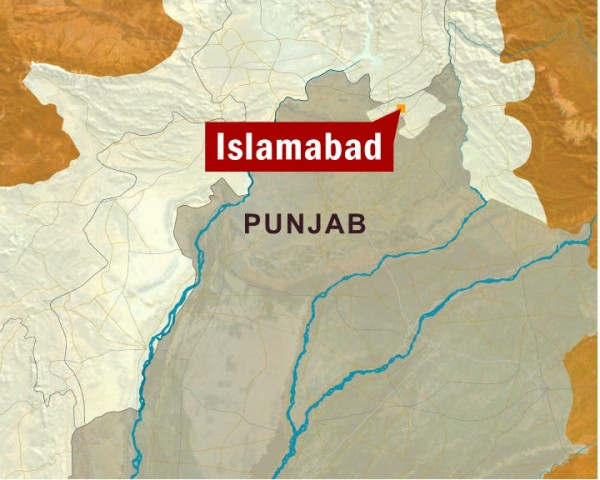‘Pakistan drags feet on N Waziristan offensive ’

Commanders are walking a tightrope, balancing US pressure for action against fears that a major push into the hornet’s nest would make enemies they cannot beat and drag Pakistan into a new wave of violence. “The army is already over-stretched after carrying out offensives in other tribal regions,” one security official said.
“Security forces got in touch with local tribesmen in a policy of dialogue and asked them not to harbour any insurgents, and this policy has worked,” he added.
They are also men whom the security establishment believes pose no direct risk to the homeland because their activities are targeted across the border, while home-grown Taliban pose a more immediate threat.
“Security forces don’t want to lose the gains made in South Waziristan and north western regions, including Swat,” another security official said, warning that any hasty relocation of troops could lead to a deteriorated situation in those areas.
North Waziristan’s mountains are a refuge for the Tehreek–i–Taliban Pakistan (TTP) who escaped an offensive in neighbouring South Waziristan last year.
Meanwhile, some officials also believe that opening a new front against the likes of Haqqani and Gul Bahadur would make enemies out of well-trained, well-financed groups that are potentially valuable allies when US troops leave Afghanistan.
Given the risks involved and strain on troops, with forces actively engaged in six of the seven tribal districts, analysts say fears of a backlash, including attacks on civilians, are holding the army back.
“Fears of a fierce reaction by Punjab-based militants, because of their links with TTP chief Hakimullah Mehsud, the Haqqani and Bahadur networks might be one reason holding the army back,” analyst Imtiaz Gul said.
Instead of a major assault, Gul said a North Waziristan operation would be “selective”– at a time and on a scale of the military’s choosing.
For example, troops may try and “shrink the space” for local facilitators of al Qaeda, such as Tehreek-i-Taliban and Lashkar-e-Jhangvi.
“The army and paramilitary are busy in at least four tribal regions and have not been able to withdraw fully from Swat and Malakand,” said defence analyst Hasan Askari. “It seems that the army would ultimately take specifically targeted action in North Waziristan, but at a time of its choosing,” he said.
Among those using bases in North Waziristan are the Haqqani network, created by Afghan warlord Jalaluddin Haqqani and run by his son Sirajuddin; Afghan Taliban; Pakistani warlord Hafiz Gul Bahadur and his ally Maulvi Sadiq Noor.
They are blamed by the US for fuelling the nearly nine-year insurgency in Afghanistan, for attacking the US-led North Atlantic Treaty Organisation troops there and for working to destabilise the western-backed government in Kabul.
Published in the Express Tribune, June 14th, 2010.



















COMMENTS
Comments are moderated and generally will be posted if they are on-topic and not abusive.
For more information, please see our Comments FAQ